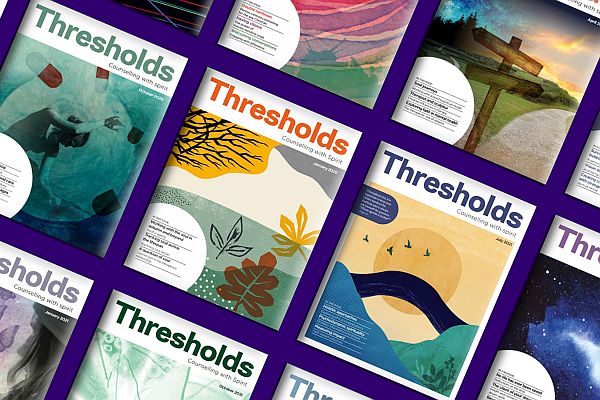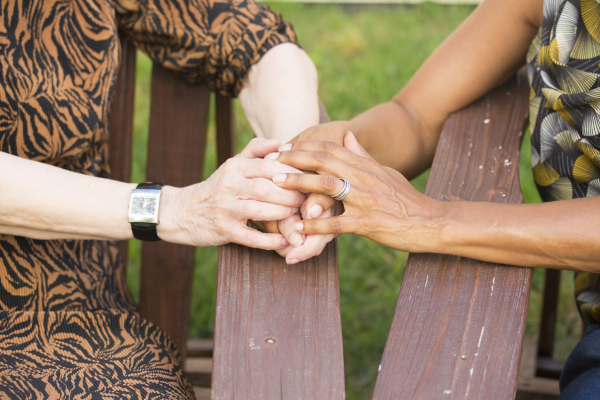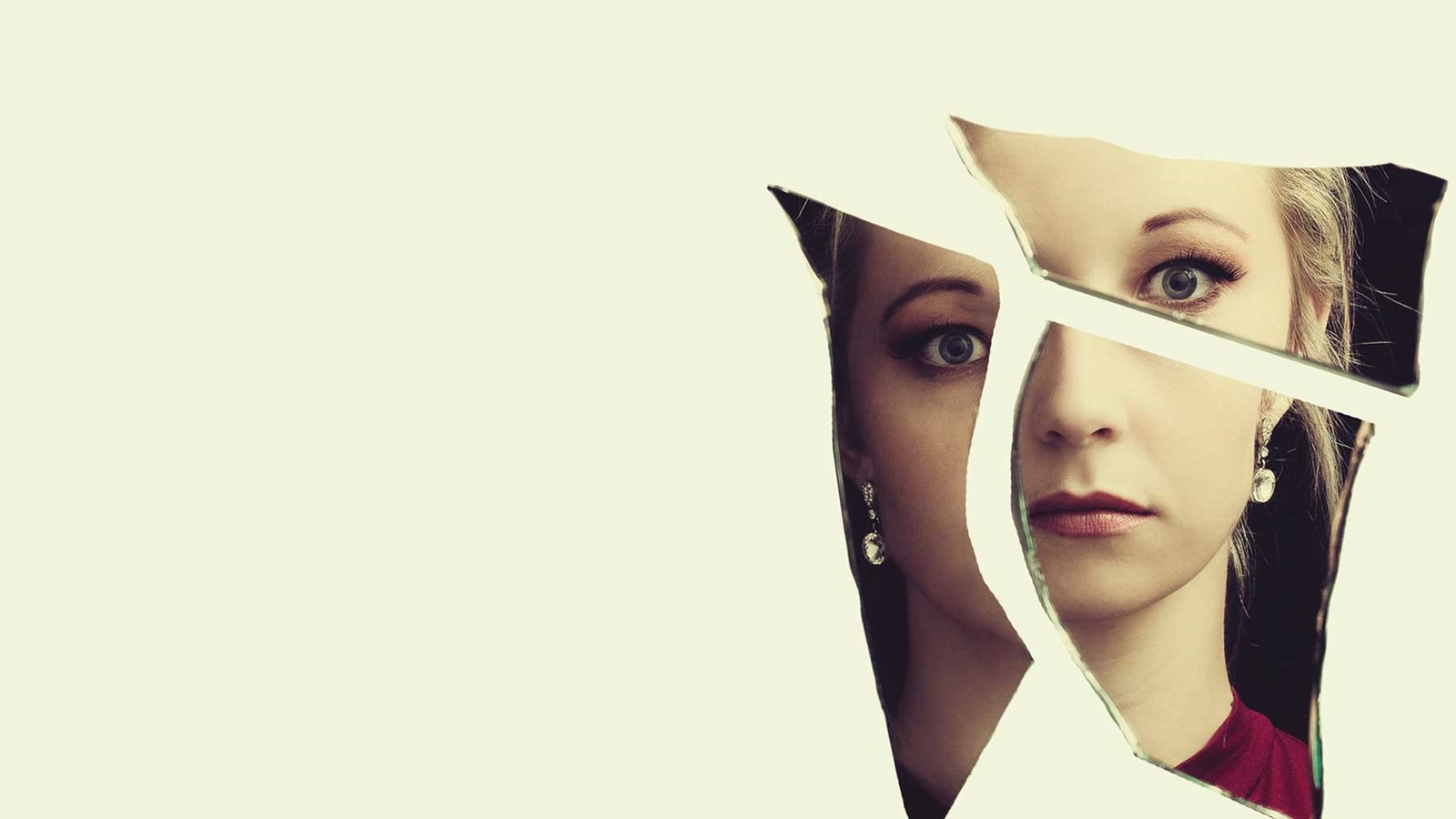The other day, in a supermarket queue, the person in front of me was taking much longer than expected. My responses to such everyday stressors range wildly, dependent on my own sense of urgency in that moment, but I usually try to remind myself that we can never tell what another person is going through.
I think this is something that we become more aware of than most in our work as counsellors. People are carrying around hurts, fears and pain that may not be obvious to their best friend, let alone a passer-by.
In the April 2023 issue of Thresholds, psychotherapist Tracy Northampton and coach Natasha Silver Bell discuss the inner turmoil that a person living with body dysmorphic disorder (BDD) faces in Journey to the inside. People who have this condition become convinced that there is something flawed about the way they look, and that this can only be remedied with cosmetic procedures.
Tracy and Natasha talk about the shame that arises and explore how a spiritual approach to treatment can sometimes help, connecting a person back to the core of who they are. It's a way of working that calls to mind the sentiment expressed in Hafiz’s verse: ‘I wish I could show you when you are lonely or in the darkness, the astonishing light of your own being’.1
Lou Lebentz’s article, Building a bridge, also in the April issue, shares similar intentions. It sets out the stages that Lou works with to help clients with BDD connect back in with their higher adult self and wiser mind. She voices the harm that societal norms and conventions, such as airbrushing and cosmetic trends, are causing. What I find inspirational about Lou’s words is her sense of hope that therapists can help to reverse this through their work.
In Sitting in the stillness, psychotherapist Martin Wells offers another perspective on working with a person’s sense of self. Midway through his career, he discovered non-duality which, as the name suggests, is a philosophy founded on non-separateness. He became the first psychotherapist to bring this way of being to his therapeutic work within the NHS. In the article, he explores what happened when he started inviting clients to connect with stillness and to move beyond their stories and the thoughts surrounding them.
In this issue, I also talk with Nikki Dhillon Keane about her work with survivors of domestic and sexual abuse in Conversations: Creating safe spaces. She tells me how important it is to explore people’s spiritual beliefs with them as it can be '…the lens through which they understand all the experiences that are happening to them'.
Each issue of Thresholds features a range of therapists’ unique accounts of working with spirituality, faith or belief. If you feel that you would like to share something about your therapeutic approach, please get in touch: thresholds.editorial@bacp.co.uk
Reference
1 Avery P (transl). The collected lyrics of Hafiz of Shiraz. Austin, US: Archetype; 2007.
Read more...

Thresholds
Subscribe for free access to the online journal

BACP Spirituality division
BACP Spirituality is for counsellors, psychotherapists, pastoral carers, chaplains and related professionals whose work is informed by a spiritual perspective.

Blogs and vlogs 2023
News and views from members, staff and clients
